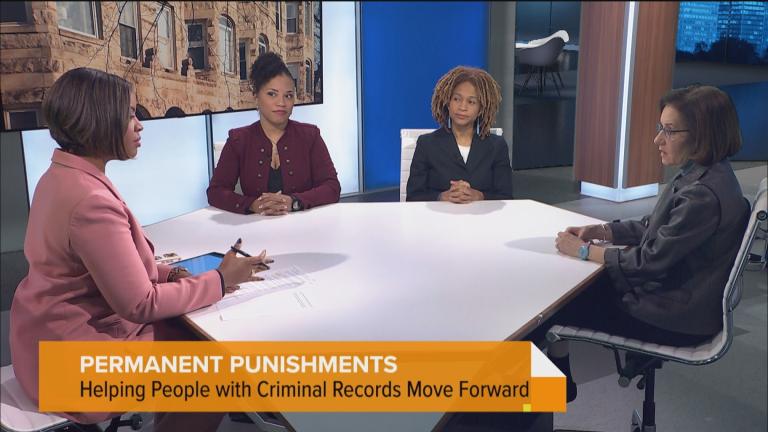There are more than 500 employment laws, policies and sanctions that prevent people with criminal records from accessing employment in Illinois.
If businesses licenses and property rights are included, that number soars to around 900.
While those barriers exist in many industries, some employers focus specifically on hiring people who are re-entering society after prison.
Not only do they offer employment, but some offer needed wraparound services like assistance with childcare or transportation.
At Growing Home, an Englewood farm provides people re-entering society with job readiness training and an opportunity to work with agriculture. Participants join the 12-week program to learn everything from seeding and harvesting to marketing, said Zenobia Williams, director of employment training with Growing Home.
Plus, they’re also provided with direct support services.
“Even if they have a car that breaks down, we’ll support them in getting those vehicles fixed so they can return to work,” Williams said.
Jeff Korzenik, chief investment strategist with Fifth Third Bank, said it’s in business’ own self-interest to start hiring people re-entering. It’s vital that employers know that this is not a labor source of last resort. Even if employers identify who’s a good fit for the company, they have to recognize the need of wraparound services, he added.
“People are willing to work, but they need a little bit of help to get there, to know what the rules are and how to perform appropriately,” Korzenik said. “When you offer that, you get an exceptional and loyal employee.”
Defy Ventures tries to start those connections while people are still incarcerated.
In addition to job readiness programs, the organization brings members of the business community inside prisons to meet people, said Melissa O’Dell, executive director of Defy Ventures’ Illinois team.
The organization provides both coaching and support for future jobs, but employers also get to hear peoples’ stories.
“It’s harder to stigmatize someone or condemn someone if you actually get to know them and their circumstances that brought them into the system in the first place,” O’Dell said.








